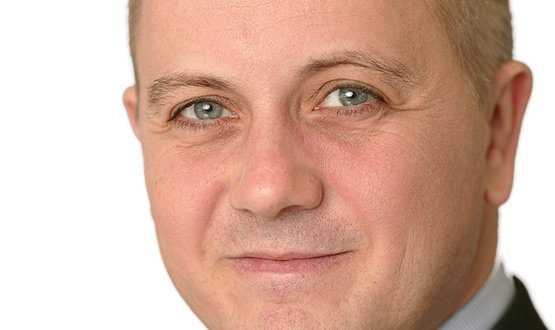The NHS should install free wireless internet across its entire estate to act “as an instrument of social transformation”, NHS England’s Tim Kelsey says.
Speaking to delegates at an NHS England event yesterday on widening digital participation, Kelsey – the organisation’s director for patients and information – excited Twitter users by calling for the introduction of free wi-fi across NHS England’s GP practices, hospitals and other care settings.
However, Kelsey later emphasised that this was not an official policy announcement, but instead his personal view on the need to roll out free wi-fi access more widely.
“What I’m saying is in my view, and something I hope we will all be lobbying the next administration over, is that the NHS has a very important role to play in thinking about how it can use its physical estate better to support people who want to get involved digitally but are currently unable to afford broadband or don’t have access to the internet.
“There is an opportunity, I think, for a catalytic moment.”
Kelsey was speaking at the event run by the Tinder Foundation and NHS England to highlight the importance of improving access to and knowledge of digital services for certain groups, such as the elderly and people from poorer communities.
The issues of digital inclusion was addressed recently by the House of Lords, which last month published a report calling for ‘digital literacy’ to be taught as a third, core subject after reading and writing.
Kelsey said some NHS organisations are already working to implement free wi-fi, which could help to reduce digital inequalities by improving internet access.
“There are many GP practices that have just got on with it: they have installed wi-fi so that patients in the waiting room can access digital services, and indeed people who can go into those practices who are not sick can do the same thing.”
Speaking about the logistics of implementing free wi-fi across the entire NHS, Kelsey said the work of Transport for London and Virgin Media to install wi-fi at underground stations across the capital showed it is not impossible.
“The idea that we have got this vast estate and we are not using it itself as an instrument of social transformation seems to be a bit of a lost opportunity, when even the London Underground is capable of installing wi-fi at no marginal cost to it, because of course industry wants to get involved.”
Research commissioned by EHI Intelligence last year shows that wi-fi access across the NHS is still a work in progress.
The survey of 500 healthcare professionals, led by GP Marcus Baw, showed that just 51% of survey respondents had access to wi-fi at their place of work, although this was a significant increase from only 28% the previous year.
It also revealed that just over 30% of respondents were able to connect to the wi-fi with their own device, while 23% said wi-fi access was only for work devices and they had not been given one.

